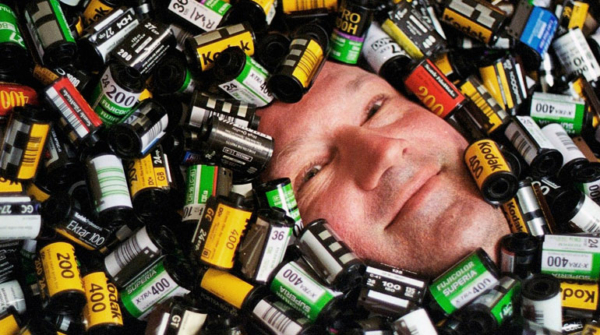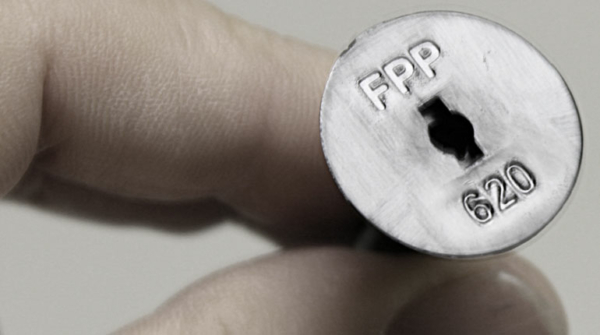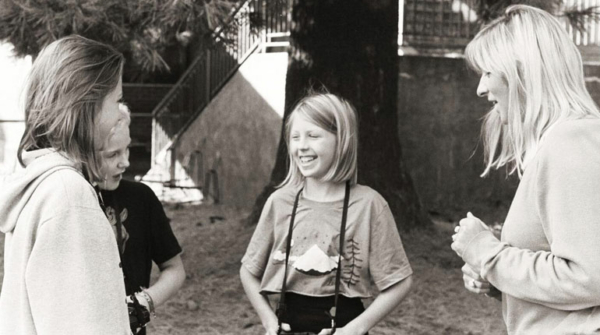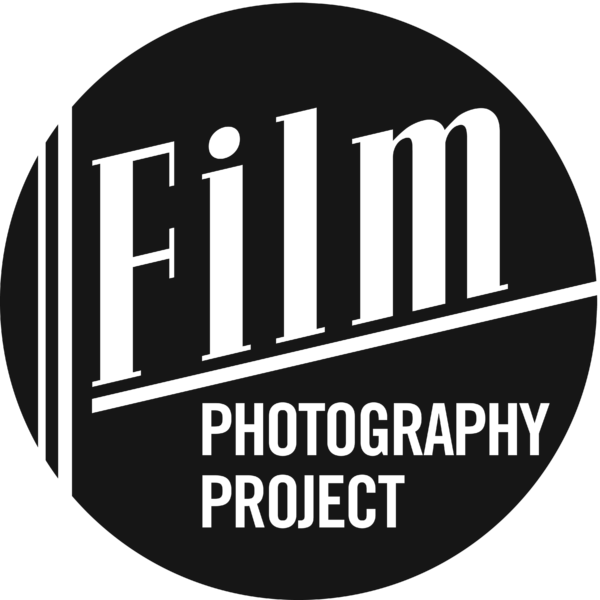Earth Day – the day people around the world celebrate their shared commitment to sustainability and environmental protection – we’d like to share some of the practices we employ at the Film Photography Project to minimize waste and re-purpose used film photography equipment and supplies. Read on to find out what you can do to help us to sustain the environment without taxing your wallet!
35mm cartridge recycling – did you know that every roll of 35mm hand-rolled film you purchase from the Film Photography Project utilizes recycled cartridges? It does, and our primary source for these cartridges grew organically from our long relationship with San Clemente Ca film processing lab The Darkroom, an “F” Awards Best Film Processing Lab recipient. The Darkroom also supplies the FPP with used cannisters, another asset to our green initiative. Of course, another way we sustain our cartridge and cannister supply is through donations from the FPP audience. If you or someone you know would like to donate their used cartridges, please send them here (or simply use the address at the end of this blog).

620 cartridge recycling – due to the non-availability of 620 film cartridges, the FPP employs a US company to manufacture small amounts to fill consumer needs. You can help us reduce the volume of 620 film cartridge production by asking your processing lab to return the cartridge with your processed film for re-use. In fact, we provide a note in every 620 film order as a reminder that your lab will be happy to assist you with your sustainability goals if asked!

School Camera Donation Program – you can read all about the U.S. and international recipients of our School Camera Donation Program on the FPP website, but in short: the FPP supplies needy students and not-for-profit organizations with refurbished and tested film cameras and film gear as part of an ongoing program to support analog photography. Your donations are critical to this mission, with cameras ending up in such diverse locations as LaGuardia High School in New York City, DiVinci Photo Club in Oregon (pictured), Pickerington Central High School in Ohio or as part of classroom situations such as the FPP Workshop events, or the recent Paideia 2nd Annual Film Photography Paideia Sponsored by The Darkroom.

Stretching the Life of Your Chemistry – as photographers, we know the chemicals used to process our film are not exactly ideal for the environment. One of the ways we can minimize the impact is to mix and utilize only the smallest amount of developer we need, or “stretch the chemistry”. The FPP specialty home development kit utilizes recycled 1-liter water containers (1-liter color kit, 1-liter BW kit) that ship with the kit for small batch developing and fixing ease – and which can be used repeatedly. While the chemistry itself can’t be reused, it can be successfully stretched to develop far more rolls than suggested on the directions of most kits. FPP podcast co-host Leslie Lazenby discusses how to safely dispose of your chemistry HERE.

Chemistry alternatives – and for those photographers interested in ditching chemistry altogether when processing their film, an increasing number of companies offer non-chemical developers utilizing beer or caffeine. The Caffinol Concoction BW Developer is a great natural alternative BW developer we discovered and now stock in the FPP store.

Third Party Recycling – sometimes, it’s simply not an option to re-purpose every item that arrives at FPP headquarters. When this happens, we drop off extra cardboard boxes, bottles or cans to the nearby Fair Lawn NJ recycling center.
Want to donate cameras, cartridges, cannisters or gear to the FPP? Send them here! (Scroll down for our address)
Paige Kay Davis is the Director of film restoration at Film Media and a regular contributor to The Film Photography Project
